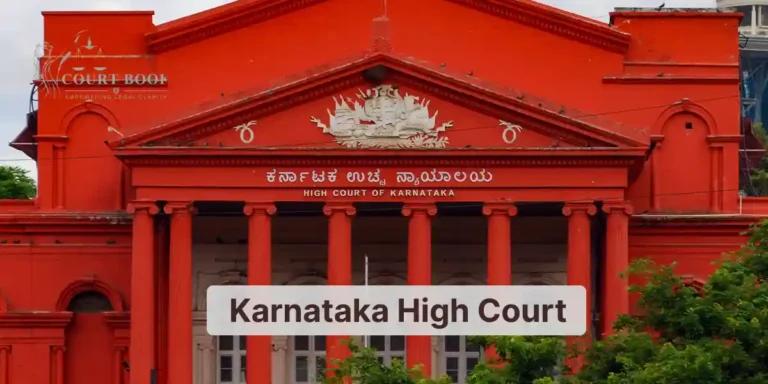A Division Bench of the Karnataka High Court comprising Justice Krishna S. Dixit and Justice Ramachandra D. Huddar held that a daily wage employee continuously serving for more than ten years in a sanctioned post is entitled to regularization of service. The Court also made it clear that procedural irregularities or delay in applying for regularization cannot be the sole reason to deny such benefits.
The case involved P. Junjappa, who had worked as a Forest Watcher and Driver for the Forest Department for over three decades. Despite his long and continuous service, his request for regularization was turned down through endorsements dated August 29, 2016, which forced him to approach the Karnataka State Administrative Tribunal (KSAT). However, the Tribunal dismissed his application on July 31, 2019, citing lack of documentary proof of continuous service, non-compliance with conditions from the landmark Supreme Court judgment in State of Karnataka vs. Umadevi, and delay in filing his regularization request.
Read Also:- Karnataka High Court Issues Notice to Chief Minister Siddaramiah and Others in MUDA Scam Probe Appeal
Challenging the KSAT order, the petitioner approached the High Court, arguing that his service met the criteria set by various government orders issued both before and after the Umadevi judgment. The petitioner pointed out that the Tribunal failed to appreciate the Supreme Court's later clarification in the State of Karnataka vs. M.L. Kesari case, which ruled that "employees who have completed ten years of service in a sanctioned post before the Umadevi judgment are entitled to regularization."
The Court also noted the petitioner’s argument that his duties and responsibilities were no different from those of permanent employees, and that the absence of a formal appointment order should not undermine his legitimate claim. The petitioner had submitted substantial proof such as salary records and service certificates, which, according to him, clearly demonstrated uninterrupted service.
In response, the State argued that the petitioner’s employment was not against a sanctioned post and that the Umadevi ruling did not permit regularization for daily wage employees as a matter of right. It was further submitted that continuation of his employment was due to court orders, not official recognition, and that the recruitment rules had not been followed in his case.
After hearing both sides, the High Court held that the KSAT had erred by rigidly applying the Umadevi judgment without considering subsequent rulings. The Court highlighted that the M.L. Kesari decision specifically addressed situations where employees had served for ten years in sanctioned posts, and it emphasized that procedural irregularities and delays by the authorities cannot penalize such employees.
Quoting from the judgment, the Court stated,
"The absence of a formal appointment order should not in itself negate the legitimate rights of an employee who has been continuously engaged in service."
The Court also criticized the KSAT for dismissing the petition solely on the ground of delay, observing:
"Delay cannot be the sole criterion to deny service benefits, particularly when an employee has been continuously engaged by the Government."
In its judgment, the High Court also referred to the Supreme Court ruling in Jaggo vs. Union of India, which observed that the Uma Devi judgment aimed to prevent illegal appointments but did not intend to "penalize employees who have rendered long years of service fulfilling ongoing and necessary functions of the State."
Additionally, the Court cited the decision in Vinod Kumar v. Union of India, where it was held that procedural technicalities cannot be used to deprive an employee of regularization if the person had worked continuously in a sanctioned role, performing the same duties as a permanent employee.
"unsustainable in law" and allowed the petition, directing the authorities to consider the petitioner’s case for regularization in line with the principles laid down in the M.L. Kesari judgment and to extend all consequential monetary benefits, including arrears of pay under the doctrine of “Equal Pay for Equal Work.”
The Court ordered that the entire regularization process should be completed within three months from the date of receipt of the certified copy of its judgment.
Case Title: P. Junjappa v. Principal Chief Conservator of Forests & Ors
Case Number: WP No. 6238 of 2020
Judgment Date: March 17, 2025
Bench: Justice Krishna S. Dixit and Justice Ramachandra D. Huddar
Counsel for Petitioner: Ranganatha S. Jois
Counsel for Respondents: Vikas Rojipura, AGA














